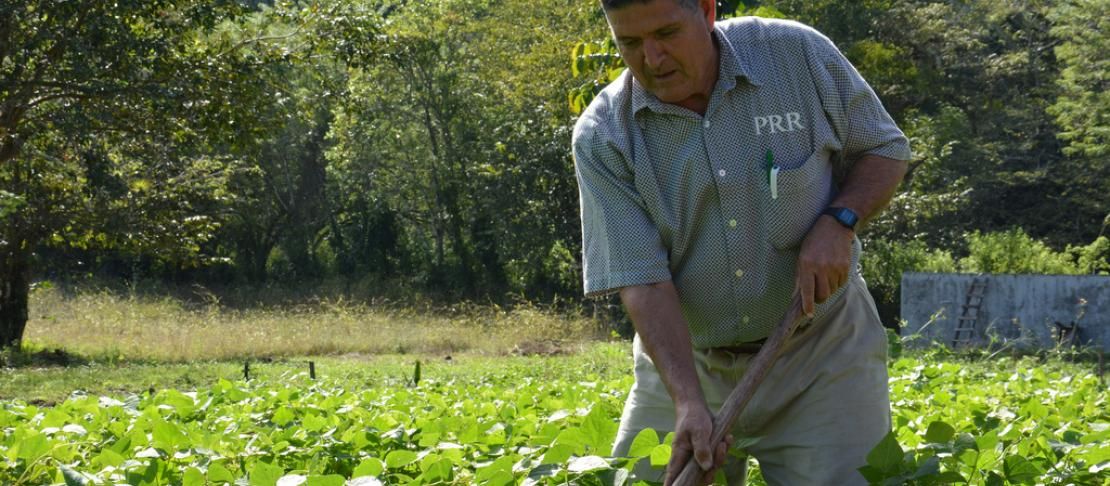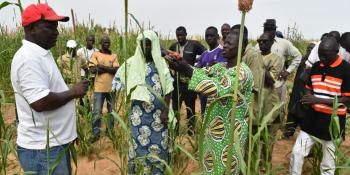Wicked solutions to climate change in agriculture

by Vanessa Meadu
Climate change in agriculture is a "wicked problem," said Andy Jarvis at the Global Science Conference on Climate Smart Agriculture this week. Wicked, not only because of the complexity of factors involved, but also the scale. From local to global, we need multiple "wicked solutions" that are "strikingly good, effective and skillful" at addressing the challenge.
One example he gave of a wicked problem was how climate change impacts farming. In Africa, for example, climate change impacts staples very differently, depending on region; in some countries, crops such as cassava may win, i.e. thrive under a changing climate, while other crops, such as bananas, may not do so well.
Jarvis emphasized that scientists already have a long list of scalable climate-smart technologies, but we need to develop robust processes for big multi-million dollar investments in climate-smart agriculture.
Vanessa Meadu is Communications and Knowledge Manager at the CGIAR Research Program on Climate Change, Agriculture and Food Security (CCAFS). She is reporting live from the Global Science Conference on Climate Smart Agriculture from 20-22 March 2013. Follow our live reports from the conference on our blog and on twitter @cgiarclimate using #climatesmart.


